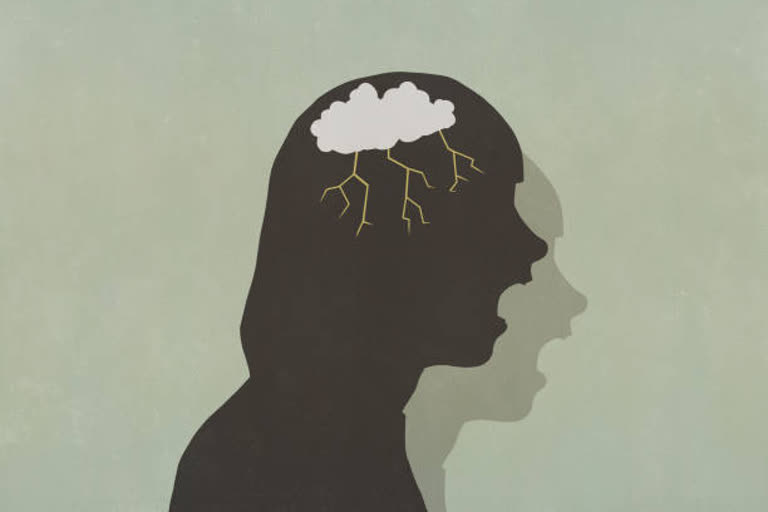Dallas (Texas, US): A recent imaging study led by a scientist at The University of Texas at Dallas discovered early risk variables associated with children's temperament as well as a neurological mechanism that could predict whether a person will develop depression and anxiety in adolescence and early adulthood.
The study, published Oct. 26 in JAMA Psychiatry, followed a group of 165 people from the age of four months to the age of 26 between 1989 and 1993. Dr. Alva Tang, assistant professor of psychology in the School of Behavioral and Brain Sciences and the study's corresponding author, discovered that people who are more inhibited in early childhood and who also do not respond typically to potential rewards as adolescents are more likely to develop depression later in life than anxiety.
"The findings highlight different mechanisms in the brain and relate them to who is at greater risk for developing different mental health issues," said Tang, who conducted the research at the University of Maryland, College Park, before joining UT Dallas in August. "These results could inform the development of prevention-oriented treatments tailored to the individual."
When babies are exposed to novel objects, people, or situations, some react positively and approach them without fear, whereas others respond with wariness or avoidance. This differentiation defines uninhibited versus inhibited behavior. "We know that inhibited children are more likely to have anxiety disorders later, particularly social anxiety, that begins in late childhood to adolescence," Tang said.
"Less has been known about depression, which generally has a later onset, in young adulthood. But we do know that people who have had an anxiety disorder are 50% to 60% more likely to have depression later in life, so inhibited children should have higher risk for depression as well." Tang's research is unique for its characterization of the subjects' early temperamental risks and the protracted length of time they were studied.
"To show any relation with increases in depressive symptoms over time, we have to follow subjects for decades because full-blown syndromes usually do not emerge until young adulthood," she said. As young children, the subjects were categorized as either inhibited or uninhibited. As adolescents, they underwent functional MRIs while completing a task to measure their brains' reaction in anticipating rewards - in this case, trying to win money.
"We looked at the ventral striatum, a brain region well studied in terms of understanding depression in adults, to see if it's tied to maladaptive processing in the reward centers of the brain," Tang said. In response to potential monetary benefits, some study participants displayed a muted response in this brain region.
